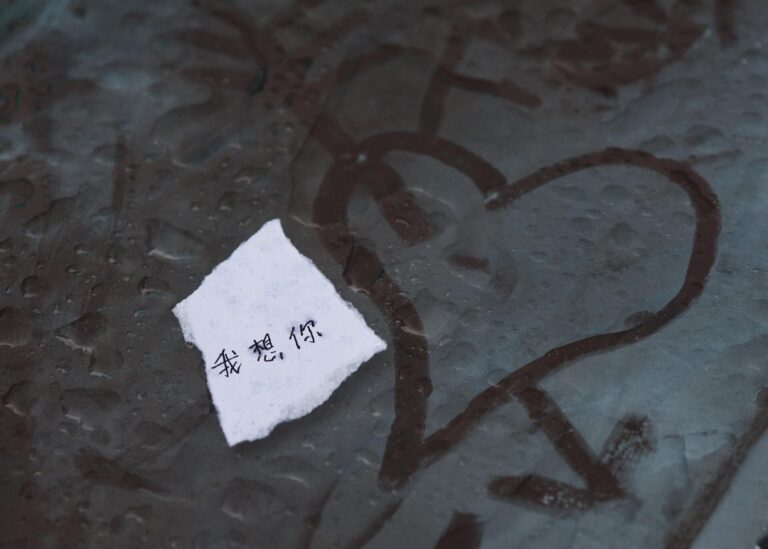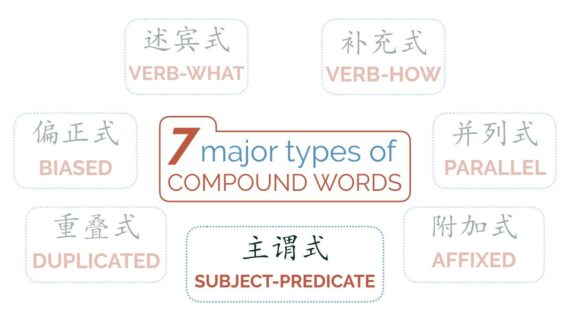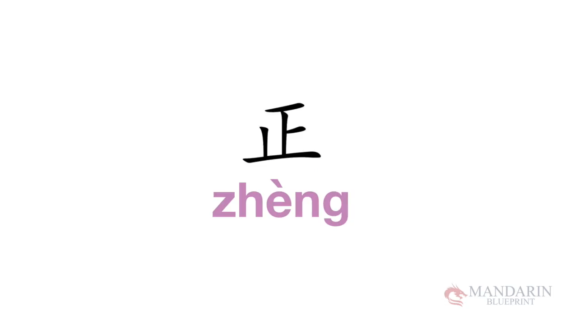How to Say “I Miss You” In Chinese

Are you living away from your family? Have circumstances kept you apart from your friends or your romantic partner? If that’s the case, you’ll want to know how to tell them, “I miss you.” So, how do you say “I miss you” in Chinese?
6 ways to say “I miss you” in Chinese
Apart from the standard translation of “I miss you” in Mandarin, many other phrases are used to say the same thing, each of which carries its particular nuance. Let’s learn how to say “I miss you” in Chinese and discover which Chinese phrase is most appropriate, whatever the situation!
1. 我想你 – Wǒ xiǎng nǐ
Let’s begin with the literal translation of the English words, “I miss you.” 我想你 wǒ xiǎng nǐ (“I miss you”) is the most universal phrase for “I miss you” in Chinese. You can use this phrase on its own, without the need for supporting words.
The phrase 我想你 wǒ xiǎng nǐ is appropriate to almost any situation, whether you are talking to your friends, your family, or your romantic partner. You can use it both in written and spoken Chinese.
Note that the Chinese character 想 (pinyin: xiǎng) carries many different meanings, including “to miss” and “to think (of).” In this context, these two meanings are not all that different. If you are thinking of someone, something, or somewhere that is not with you, you are surely missing them too.
When you are about to leave someone, or someone you care about is leaving you, you can add 会 huì, which means “will.” For example, if your friend is about to depart on a long trip abroad, you could say:
一路平安! 我会想你的。
Yīlù píng’ān! Wǒ huì xiǎng nǐ de.
Have a good trip! I’ll miss you.

2. 我好想你 – Wǒ hǎo xiǎng nǐ
If you want to say “I really miss you” or “I miss you so much” in Chinese, insert 好 hǎo (“very”) before 想你 xiǎng nǐ (“miss you”).
我好想你 Wǒ hǎo xiǎng nǐ (“I miss you so much”) is used with people you have a close relationship with, such as your romantic partner, your family, or your close friends. Saying 我好想你 Wǒ hǎo xiǎng nǐ to your lover is a good way to express your love in Chinese.
You’ll hear this phrase in Chinese soap operas, usually when a male character (usually a man) realizes that the woman he left was the one he wanted all along. For example:
小林,我好想你。你能原谅我吗?
Xiǎolín, wǒ hǎo xiǎng nǐ. Nǐ néng yuánliàng wǒ ma?
Xiao Lin, I miss you so much. Can you forgive me?
3. 我想念你 – Wǒ xiǎngniàn nǐ
The phrase 我想念你 Wǒ xiǎngniàn nǐ is slightly more formal. It means something like “to remember with longing,” “to long to see again.” The nuance of this phrase is a little different from simply saying “我想你.” It implies that you do not expect to see the person again for a long time, as in the following example sentences:
我们都很想念你。
Wǒmen dōu hěn xiǎngniàn nǐ.
We all miss you very much.
她很想念他的家人。
Tā hěn xiǎngniàn tā de jiārén.
She misses her family very much.
You may also hear the word 想念 xiǎngniàn used to describe feelings of longing for one’s homeland or people. Here, it means that you will not return to that place for a long time; perhaps you will never go back:
侨胞想念祖国。
Qiáobāo xiǎngniàn zǔguó.
Overseas Chinese think longingly of their homeland.

4. 我思念你 – Wǒ sīniàn nǐ
Another more formal version of the phrase “I miss you” in Chinese Mandarin is 我思念你 Wǒ sīniàn nǐ. You can use the phrase 我思念你 wǒ sīniàn nǐ when you want to say that you miss someone who is far away, or when speaking about a place you’re not sure you will return to again.
Compared with 想念 xiǎngniàn, 思念 sīniàn sounds more sentimental. This is because it expresses a deeper longing for whatever is missed and may also convey the speaker’s sadness or melancholy at being far away from the people or places they care about.
The example sentences below should help to make the nuance clear:
他苦苦地思念家人。
Tā kǔkǔde sīniàn jiārén.
He is pining for his family.
搬到国外以后,我很思念老朋友。
Bān dào guówài yǐhòu, wǒ hěn sīniàn lǎopéngyǒu.
Since moving abroad, I’ve been longing for my old friends.
5. 我念(着)你 – Wǒ niàn(zhe) nǐ
We have already seen how the character 念 (pinyin: niàn) combines with 想 xiǎng or 思 sī to mean “miss,” “think of,” or “long for.”
You can also use 念 niàn by itself to mean simply “think of” or “miss,” as in the phrase 我念你 wǒ niàn nǐ. However, while grammatically correct, this sounds unnatural in Chinese. The character 念 niàn is usually combined with 着 zhe – the particle indicating an action in progress– when used as a stand-alone verb meaning “to miss,” as in the following example sentences:
我们老念着你。
Wǒmen lǎo niànzhe nǐ.
We miss you very much.
他可念着他妈妈做的菜呢。
Tā kě niànzhe tā māmā zuò de cài ne.
He misses his mother’s cooking very much.

6. 我挂念你 – Wǒ guàniàn nǐ
Looking at the Chinese characters 挂念 guàniàn, it might not be immediately apparent how you can use them to mean “I miss you” in Chinese.
The Chinese word 挂 guà usually means “to hang” or “to hang up,” but it also means “to be concerned about.”
When taken together, the literal meaning of the phrase 挂念 guàniàn is “to be concerned about.” However, it is often used to say “don’t worry”, as in the following example:
全家安好,请勿挂念。
Quánjiā ānhǎo, qǐngwù guàniàn.
Everyone at home is well; please don’t worry.
If you want to express concern for someone who is far away, you can use the words 我挂念你 wǒ guàniàn nǐ, which translates to “I miss you,” or “I am concerned about you.” However, it is more often used with the third person to describe someone else’s feelings, as in the following example:
她很挂念亲人。
Tā hěn guàniàn qīnrén.
She really misses her family, or: She really worries about her family.

Say it with poetry: “I miss you” in Chinese
Now that we’ve learned the more common Chinese phrases and sentences for “I miss you,” let’s look at a more romantic way to say the same thing.
The following lines come from a Chinese love song from the superstar singer and actor Jay Chou from Taiwan. The song is called 青花瓷 Qīnghuācí (“Blue and White Porcelain”):
天青色等烟雨,而我在等你。
Tiān qīngsè děng yānyǔ, ér wǒ zài děng nǐ.
The sky is waiting for mist and rain, and I’m waiting for you.
Using these sentences will surely impress your Chinese sweetheart, who will probably recognize its source. It’s a beautiful and romantic metaphor for “I miss you” in Chinese.
Think back to when you wanted to tell someone how much you missed them in Chinese but couldn’t find the right words. 我想你 wǒ xiǎng nǐ, for example, seemed too trivial to express your heartfelt feelings. Yet, you want to say something more than just “I miss you so much.”
If you’ve made it this far, you not only know what is “I miss you” in Chinese, “I miss you so much,” or even “I’m longing for you,” but also how to express it in poetry.








